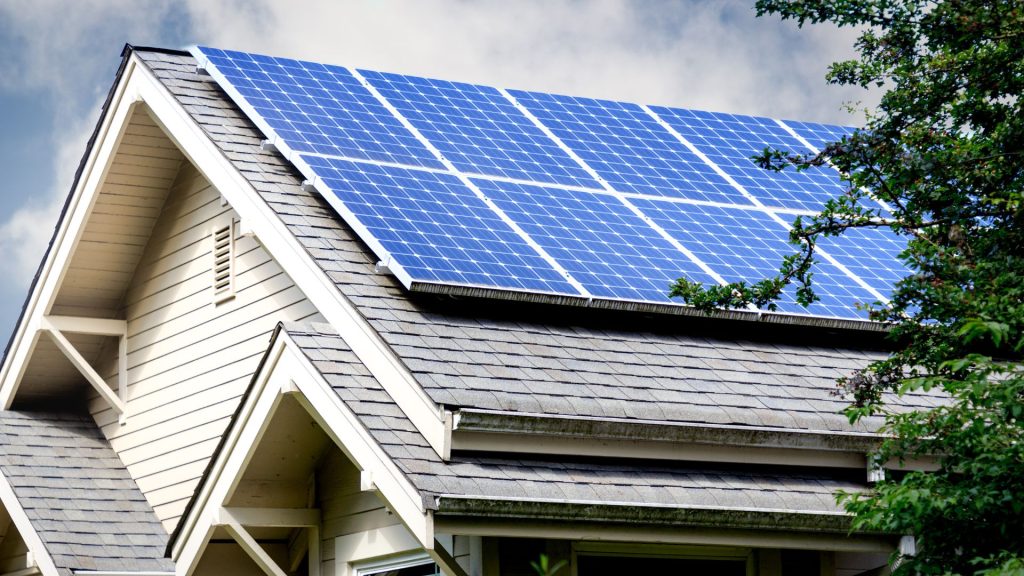Two Madison-area utilities, Wisconsin Power & Light (Alliant) and Madison Gas & Electric are currently asking for rate increases in cases before the Public Service Commission. In addition to significantly raising energy prices, the utilities are also proposing changes to the way they treat distributed energy resources (DERs), like rooftop solar. Both utilities currently compensate owners of rooftop solar and other DERs through a system called net metering, which credits system owners for surplus energy they generate to offset electricity they consume from the grid. The changes proposed by the utilities would result in an abrupt departure from this longstanding practice, used by every investor-owned utility in Wisconsin.
Net metering is important to helping Wisconsin achieve its clean energy goals. As of 2020, there was only about 104 MW of rooftop solar in the state—just 4% of the total needed to reach net-zero by 2050.While most experts agree net metering is not a long-term solution for DER compensation when DER penetration is high, Wisconsin has nowhere near the level of rooftop solar adoption to necessitate a change in this longstanding policy that makes home solar accessible to businesses and residents and helps move us away from fossil fuels.. In Alliant’s territory, for example, only 1% of residential customers own or lease solar, while places like Hawaii and California are at 20% and 10% respectively. The utility proposals are complex, making it harder for homeowners to invest in solar, and could result in higher bills and longer payback periods for system owners. Alliant is even asking to charge customers for some of the energy they provide back to the grid. Eliminating net metering would stifle rooftop solar and the transition to renewable energy in Wisconsin.
Clean Wisconsin is an intervening party in the Alliant case and has submitted expert testimony challenging the utility’s arguments for eliminating net metering. We show that solar adoption in Wisconsin is much too low to justify a change, and that Alliant’s proposal doesn’t even provide a solution to the issues they say they’re trying to address. We also submitted testimony describing how Alliant can leverage federal funding to support Wisconsin’s transition from fossil fuels. We found that Alliant could finance the closure of the Edgewater Unit 5 coal power plant in Sheboygan through programs in the Inflation Reduction Act. This would save ratepayers over $168 million, which could then be reinvested in nearly 150 megawatts of clean, solar generation, at no cost to ratepayers. Instead of hindering clean energy in Wisconsin, Alliant could help lead the way in our energy transition.
Clean Wisconsin appreciates our members and supporters who have spoken up on these issues at the public hearings and through written comments.

